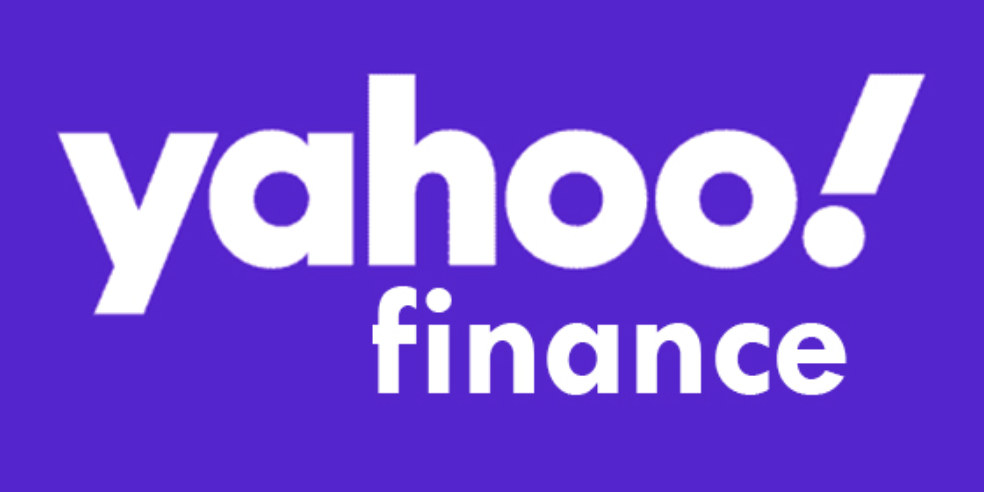Investors are never at a loss for data on Wall Street. With thousands of publicly traded companies reporting their operating results every three months, and economic data rolling out with regularity, it can be easy for something important to slip through the cracks.
On Aug. 14, arguably the most important data dump of the entire third quarter occurred -- and there's a possibility you missed it. This was the filing deadline for institutional investors with at least $100 million in assets under management (AUM) to file Form 13F with the Securities and Exchange Commission. A 13F provides an easy-to-understand snapshot of which stocks Wall Street's most-successful asset managers purchased and sold in the latest quarter (in this case, the June-ended quarter).
Although Berkshire Hathaway CEO Warren Buffett is probably the most closely tracked money manager, billionaire Steven Cohen of Point72 Asset Management tends to generate a lot of buzz.
Perhaps the most surprising aspect of Cohen's hedge fund, which contains thousands of positions and has more than $38 billion in AUM, has been his and his team's approach to Wall Street's artificial intelligence (AI) darling, Nvidia (NASDAQ: NVDA).
Cohen has dumped almost the entirety of Point72's stake in Nvidia
At the end of September 2023, Cohen's fund held 16,457,320 shares of Nvidia, which made it Point72's fifth-largest stock holding by market value (excluding options). I should also mention that this share count has been adjusted for Nvidia's historic 10-for-1 stock split, which was carried out in June 2024.
But over the next nine months, through June 30, Cohen oversaw an 87% reduction of this position to 2,115,018 shares.
With Nvidia's stock catapulting by 822% since the start of 2023, as of the closing bell on Oct. 11, Cohen's aggressive selling might represent nothing more than profit-taking and asset reallocation. Then again, there may be more to this story than meets the eye.
For example, it's a given that Nvidia is set to face growing competition. External competitors will be bringing new AI-graphics processing units (GPUs) to market with the hope that their hardware can dethrone Nvidia's ultra-popular H100 and successor AI-GPU architecture, Blackwell.
But the bigger issue for Nvidia might be internal competition. The company's four-largest customers by net sales -- Microsoft, Meta Platforms, Amazon, and Alphabet -- are all internally developing AI-GPUs for their data centers. Nvidia maintaining its computing advantage superiority won't matter much if ease of access to AI-GPUs and cost are more advantageous for these internally developed chips. In other words, this suggests Nvidia will lose out on future orders from its top customers.

 9 months ago
9 months ago
 (200 x 200 px).png)





 English (US) ·
English (US) ·